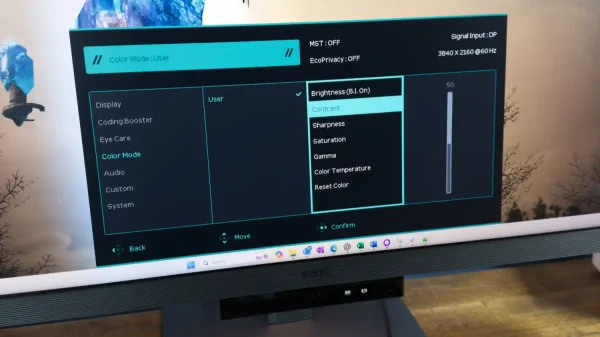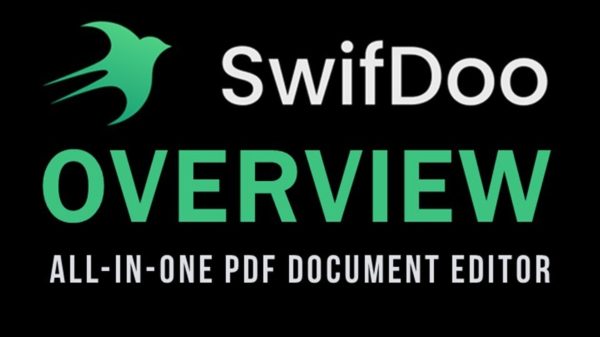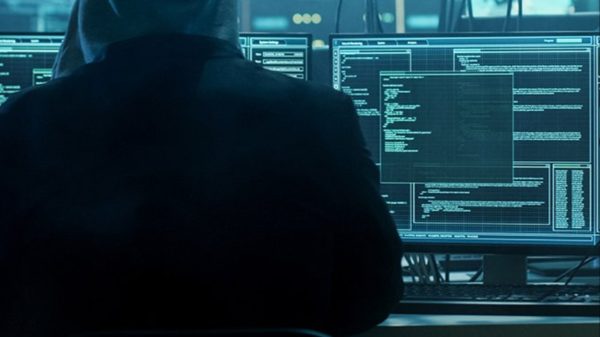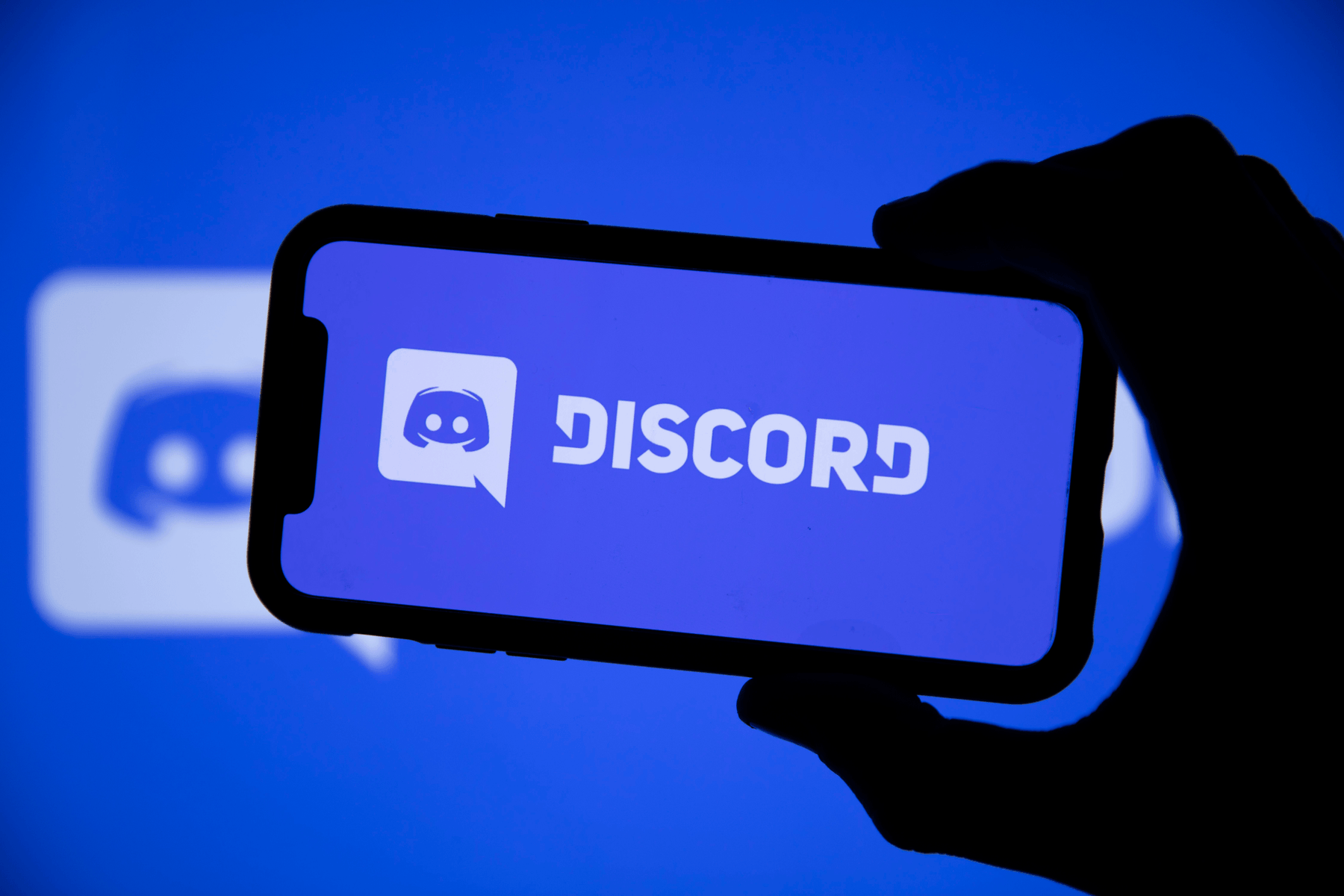Discord has encountered several controversies recently, including a significant data breach in which the details of 600 million users were exposed. This breach involved the unauthorized scraping of group chats from numerous servers, raising serious concerns about data privacy. Compounding these issues, a new feature released earlier this month was perceived by some as a form of surveillance, further straining user trust.
In response to these concerns, Discord is introducing end-to-end encryption for its audio and video calls, a move intended to bolster user privacy. This feature named the DAVE protocol (Discord’s Audio and Video End-to-End Encryption), will be applied across various communication formats on the platform, including direct messages, group chats, voice channels, and Go Live streams.

Discord Introduces End-to-End Encryption Amid Privacy Concerns and Data Breach
The DAVE protocol ensures that data from calls is encrypted on the sender’s device and can only be decrypted by the intended recipients. Discord itself will not have access to these decryption keys, meaning the company cannot view the content of the calls. The company claims that this enhanced security measure will not degrade call quality.
For those seeking more detailed information, Discord has published a comprehensive explanation of how the DAVE protocol functions. Additionally, a whitepaper and an open-source library related to the protocol are available for further exploration and transparency.
It’s important to note that while audio and video calls are now protected by end-to-end encryption, text messages on Discord will remain unencrypted. This decision allows Discord to maintain its content moderation practices. The DAVE protocol is currently available on Discord’s desktop and mobile apps, with plans to extend it to other clients by 2025, aligning Discord with other major communication platforms like WhatsApp and Signal in terms of security.








































